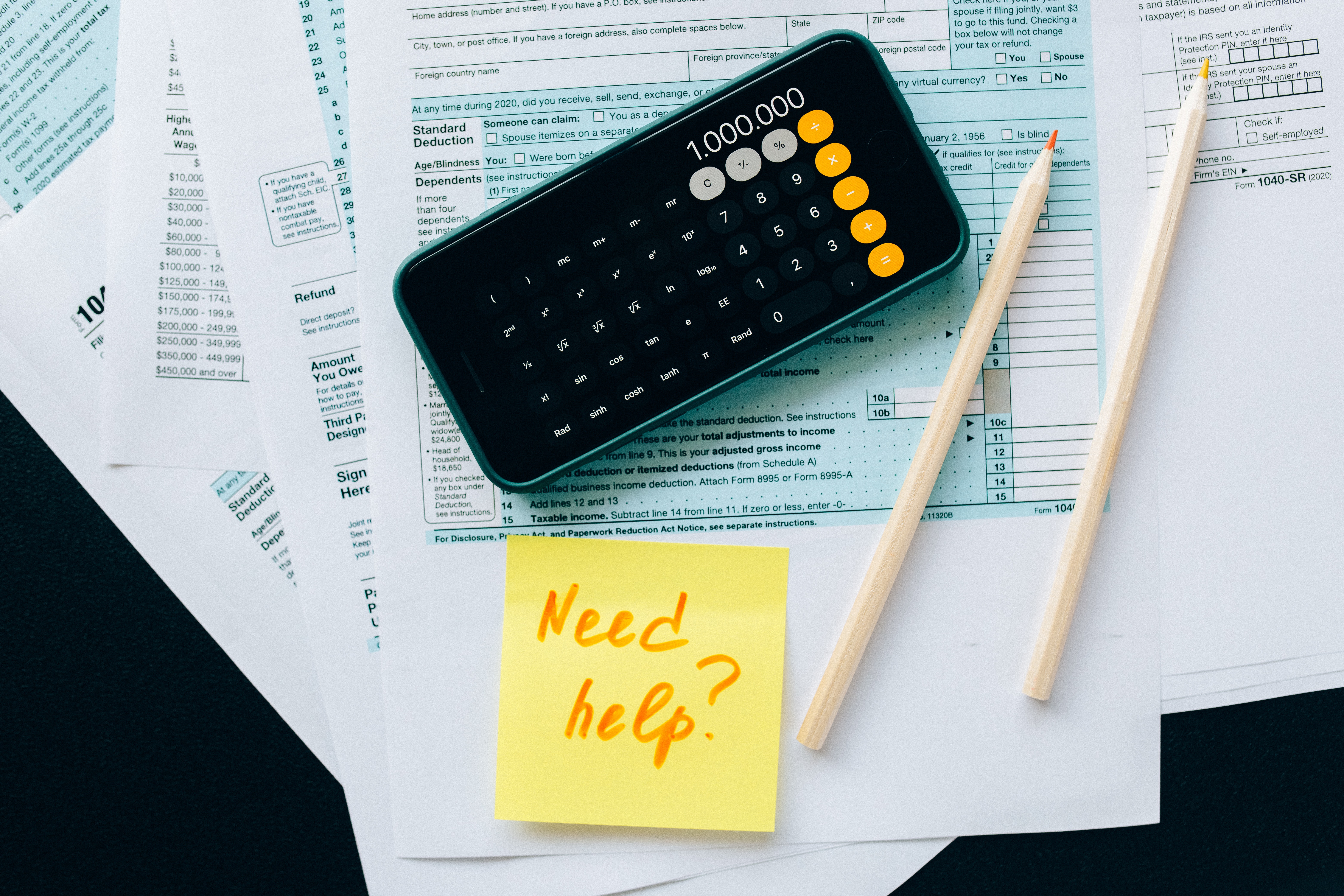
Navigating Tax Rules: Self-Employment Tips
How to navigate into self-employment taxes in the UK it's a very good question. In this article we'll provide you with some tips on how to navigate self-employment taxes in the UK and achieve success. As a self-employed individual in the UK, managing your taxes can be challenging. Unlike traditional employees, you are responsible for your own taxes, including income tax, National Insurance contributions, and any applicable VAT or other taxes.
Understand Your Tax Obligations
The first step to navigating self-employment taxes in the UK is to understand your tax obligations. You will need to register with HM Revenue and Customs (HMRC) as self-employed, and you will be required to file a self-assessment tax return each year. Your tax return will include details of your income, expenses, and any tax deductions or credits you are eligible for.
Keep Accurate Records
Keeping accurate records is essential for managing your self-employment taxes in the UK. You should keep a record of all your income, including invoices, receipts, and bank statements. You should also keep a record of all your business expenses, such as office rent, equipment, and travel costs. By keeping accurate records, you will be able to complete your tax return more easily and accurately.
Meet Deadlines
Meeting deadlines is crucial when it comes to managing your self-employment taxes in the UK. The deadline for filing your self-assessment tax return online is 31 January each year, and you must pay any tax owed by the same date. If you miss the deadline, you will be subject to penalties and interest charges. It is important to keep track of these deadlines and plan ahead to ensure you meet them.
Take Advantage of Tax Deductions
As a self-employed individual in the UK, you may be eligible for a range of tax deductions. These may include business expenses such as travel, equipment, and professional fees. You may also be eligible for a home office deduction if you work from home. It is important to keep accurate records of these expenses so that you can claim them on your tax return.
Make Estimated Tax Payments
If you are self-employed in the UK, you may be required to make estimated tax payments throughout the year. These payments are known as 'payments on account' and are based on your previous year's tax liability. You will need to make two payments on account each year, on 31 January and 31 July. It is important to budget for these payments and plan ahead to ensure you can make them on time.
Seek Professional
Help Managing your self-employment taxes in the UK can be complex, so it is important to seek professional help if you need it. A qualified accountant or tax professional can help you understand your tax obligations, keep accurate records, and file your tax return on time. They can also advise you on tax planning and help you minimise your tax liability.
In conclusion, managing your self-employment taxes in the UK can be challenging, but it is essential for your financial success. By understanding your tax obligations, keeping accurate records, meeting deadlines, taking advantage of tax deductions, making estimated tax payments, and seeking professional help, you can navigate self-employment taxes successfully and achieve your career goals.
